November Recap
In case you missed it you can find last month's newsletter here: november newsletter
book club
Last month we announced a one off book club reading of The Backyard Bird Chronicles by Amy Tan.
I've enjoyed it so far even with some skimming and mostly focusing on the drawings and hand-written notes.
That said I did not finish the book.. In retrospect, with its observation journal style chapters it probably wasn't the best style of book for a book club, but there is a reason I chose it!
And for that reason check out the drawing competition section at the bottom of the newsletter:)
I did read a different bird book that I'd like to recommend: The Birds in the Oaks by Jack Gedney.
I have more to say about this book, but for now I'll just say that I really enjoyed reading it and I
recommend it for anyone who lives in the Bay Area.
october bingo
In the last newsletter I announced that Adam won the bingo competition and this month I was able to deliver to him his award certificate.
There is another competition this month mentioned at the bottom of this newsletter so you too can win a super cool and highly coveted award certificate.

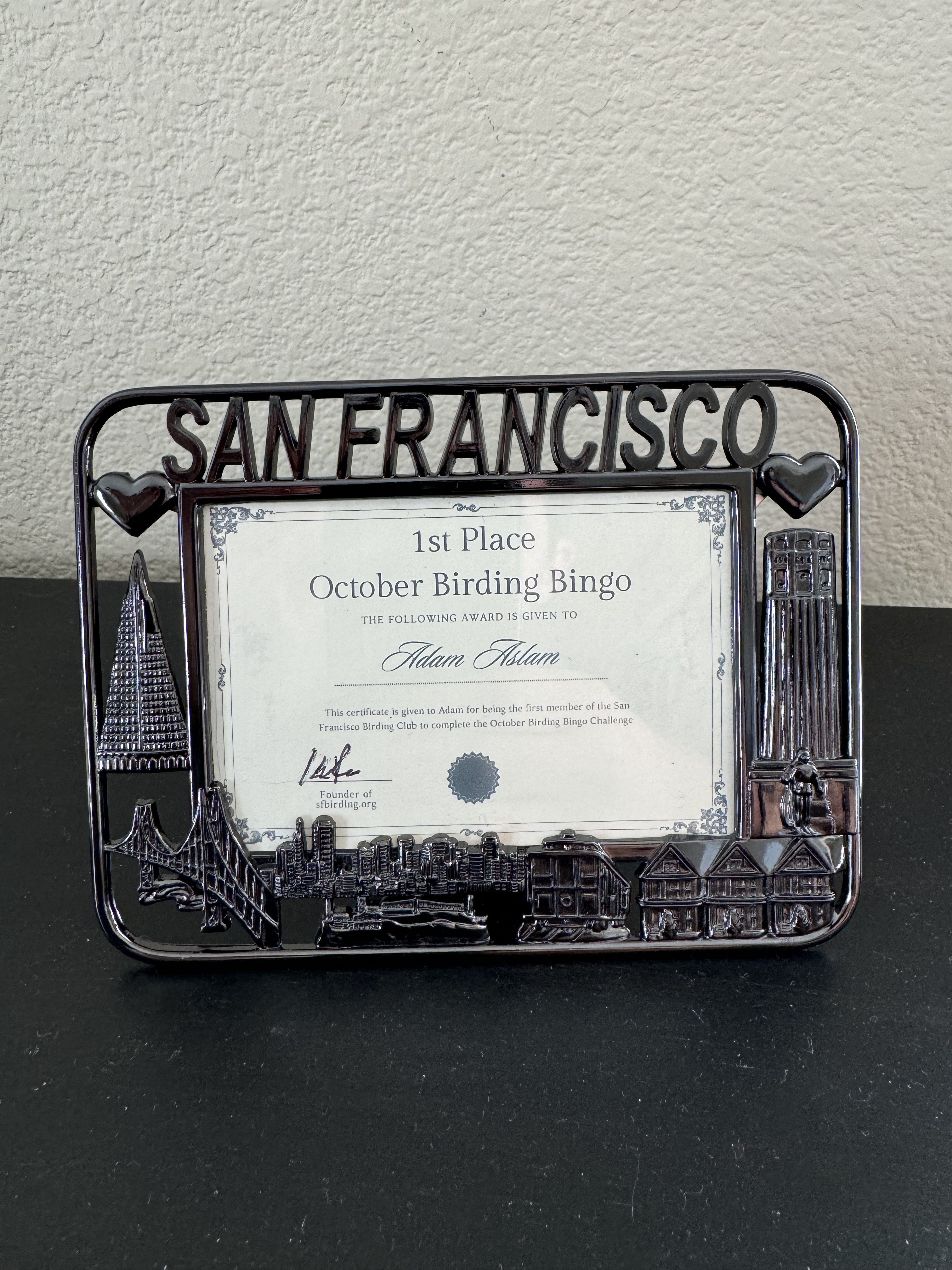
Member Submissions
Thank you to everyone who sent me photos of the birds they saw!
First up Nick is continuing the trend of honeymooon bird spotting with some pictures of
secretary birds he sent in from his trip to the Serengeti in Tanzania with his wife Andrea.
From Nick: "These snake eaters travel in pairs and earned their names for the way they eat their prey,
which has been likened to furiously typing".
There are a lot of cool videos of these birds on youtube so I recommend checking them out.
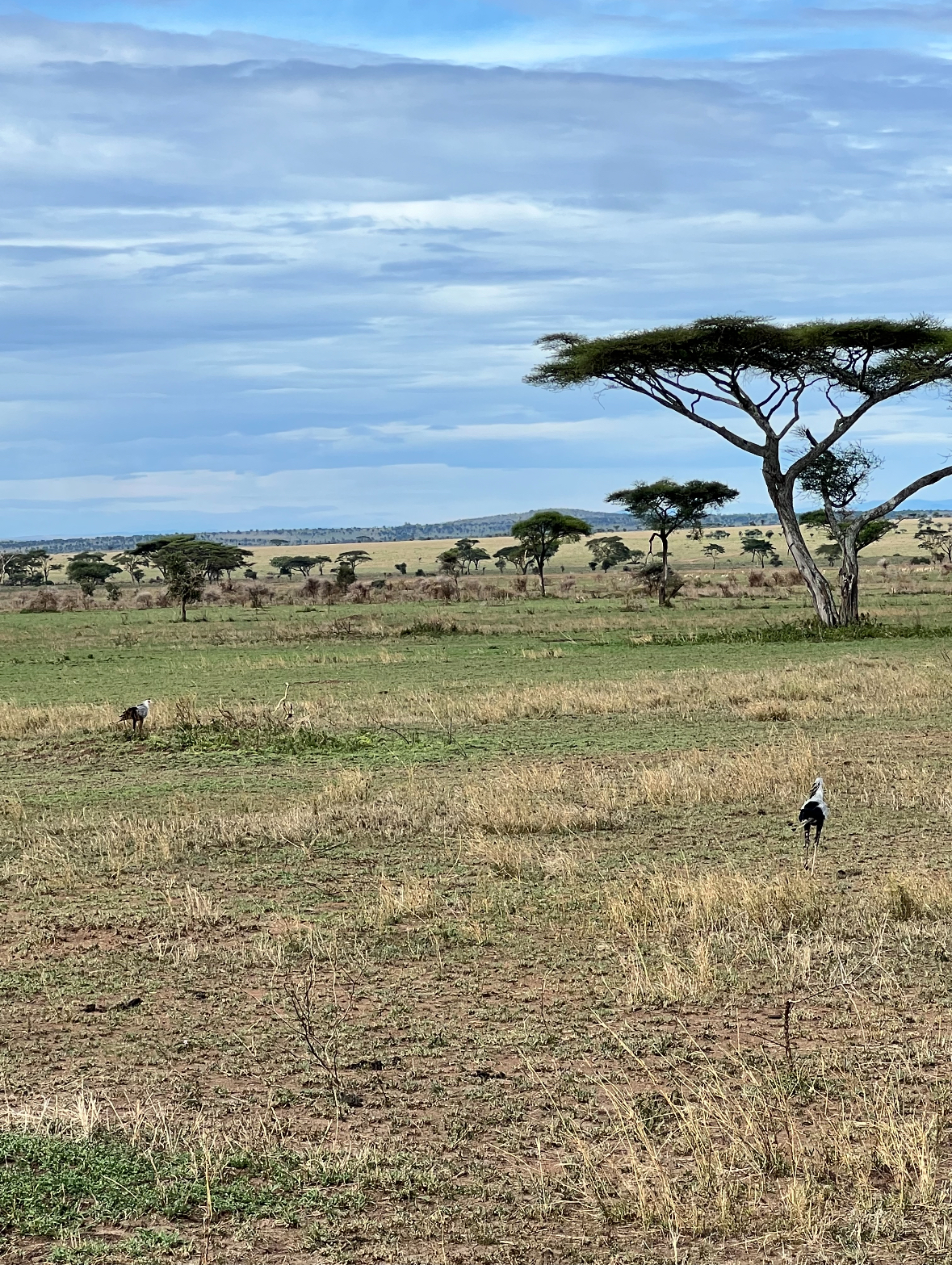
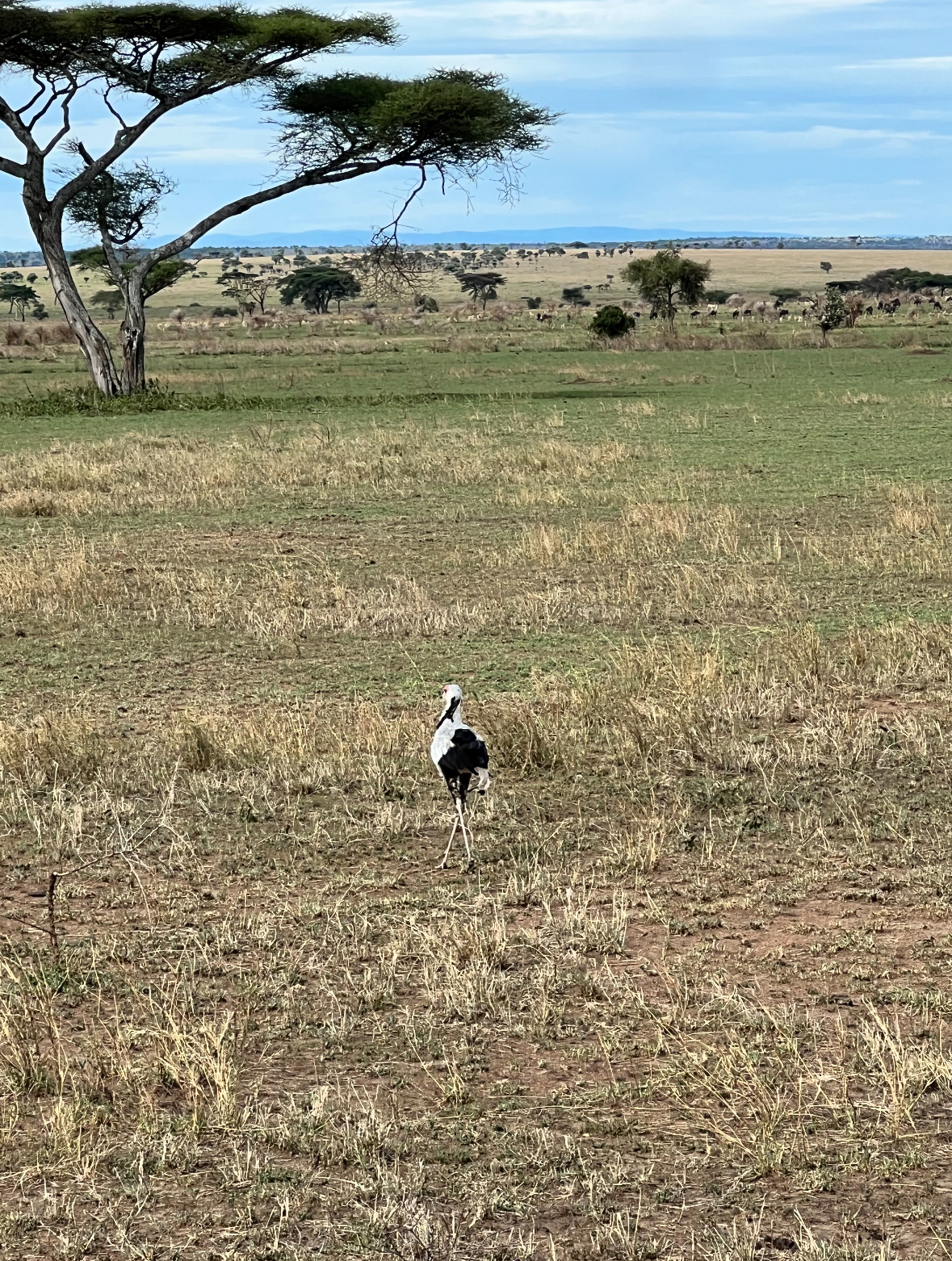
Kelly sent in photos from the East Bay of a red-tailed hawk sitting in a field with its prey.
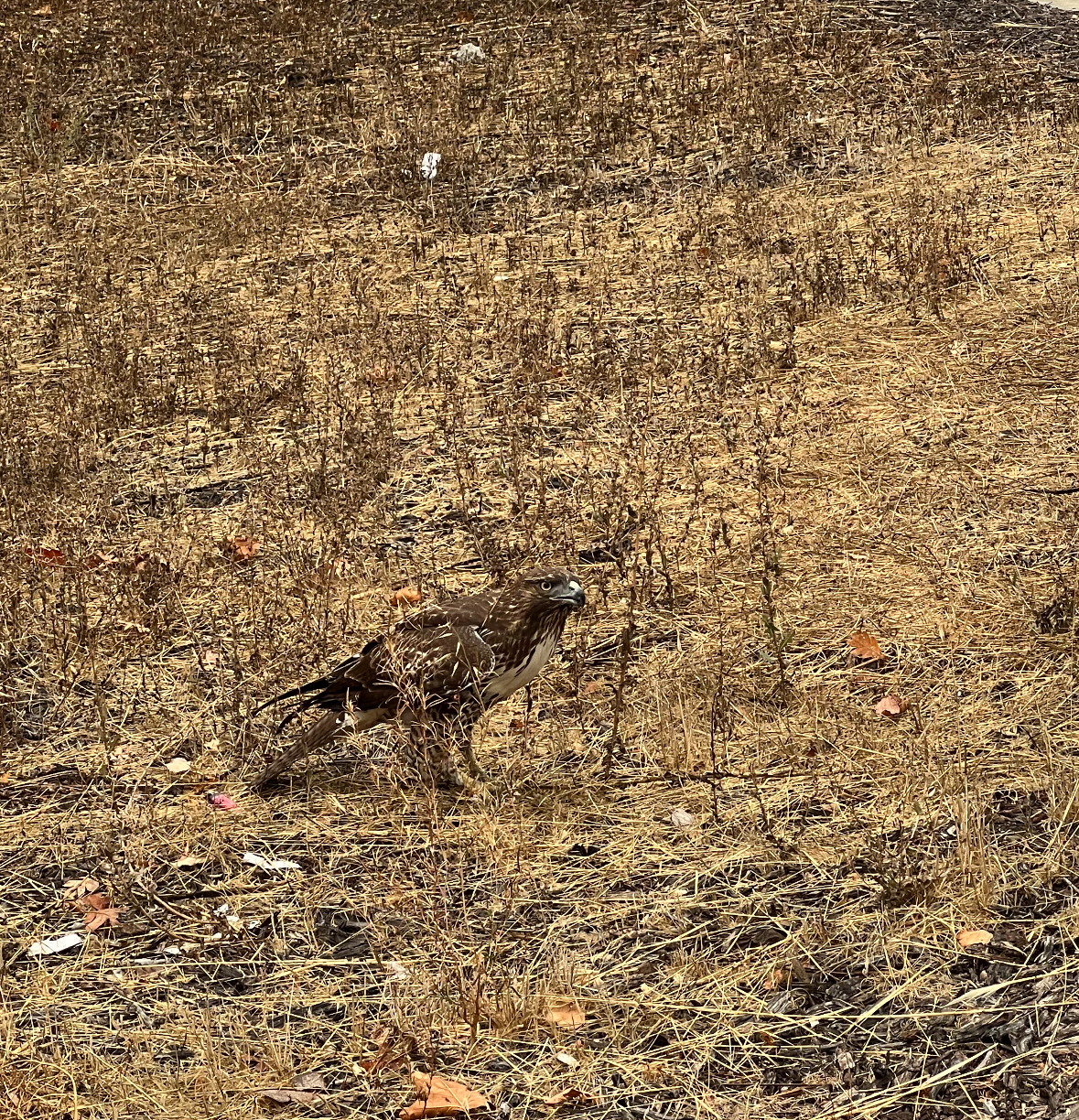
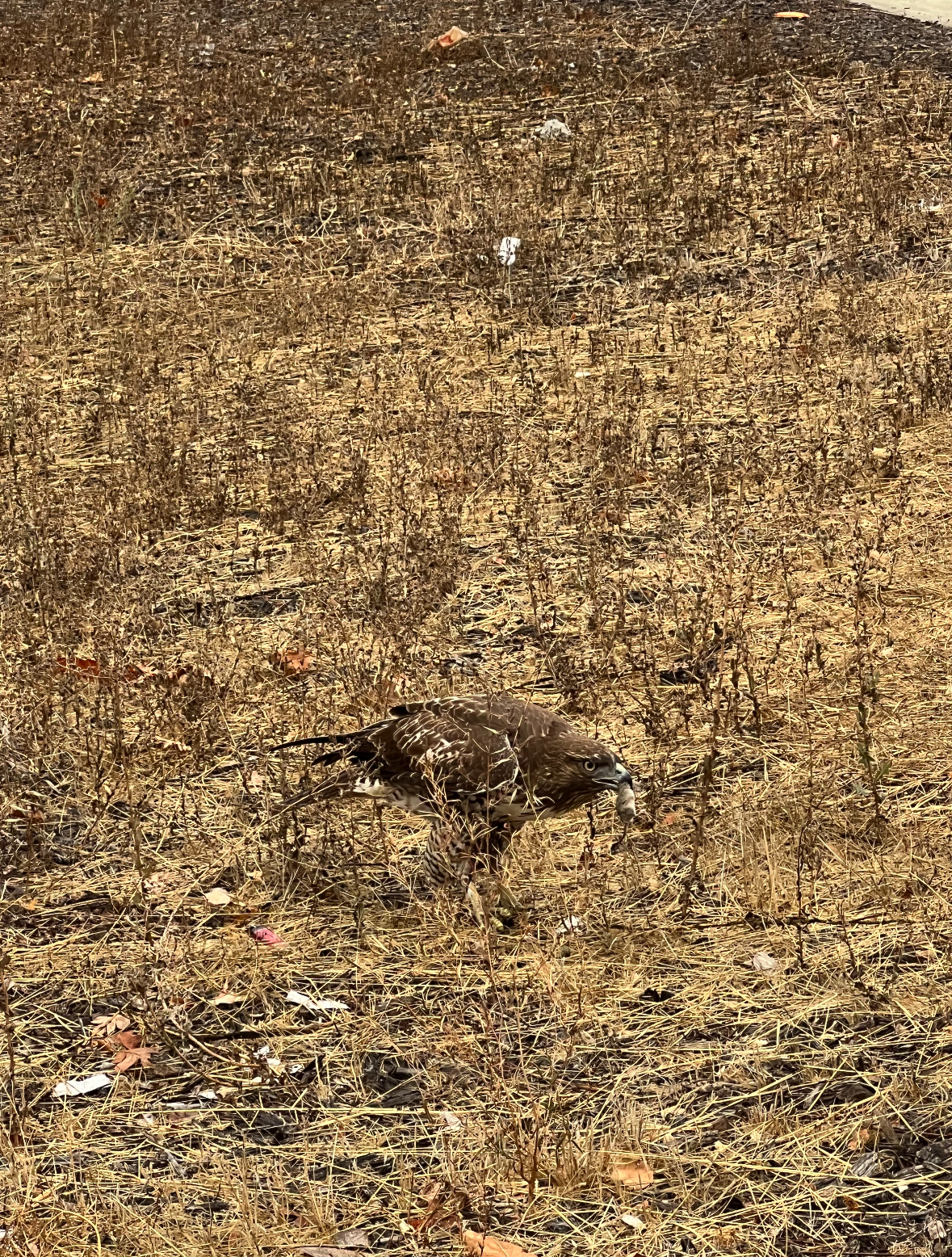
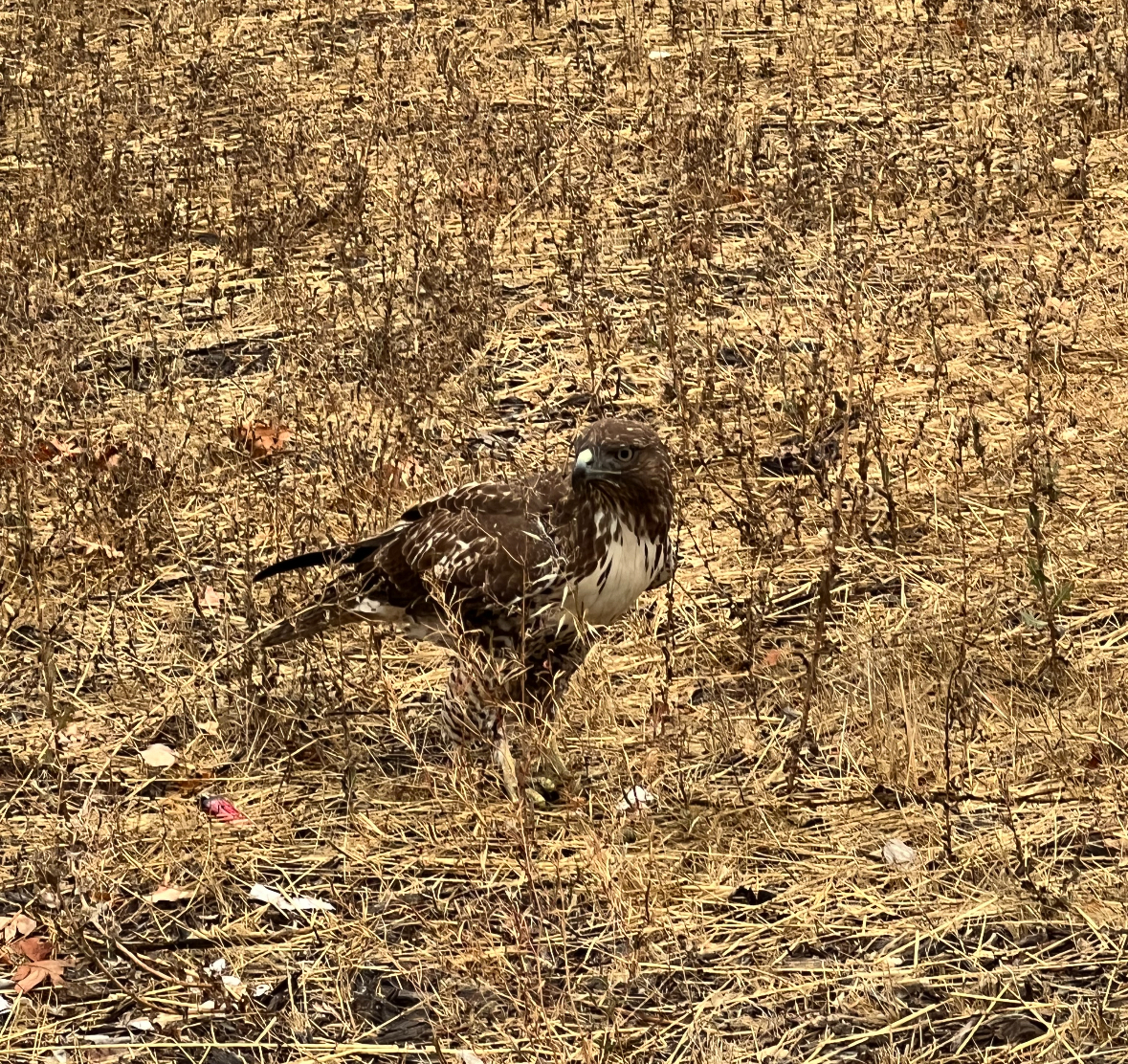
Sarah also sent in a raptor picture with what appears to be another red-tailed hawk in the East Bay.
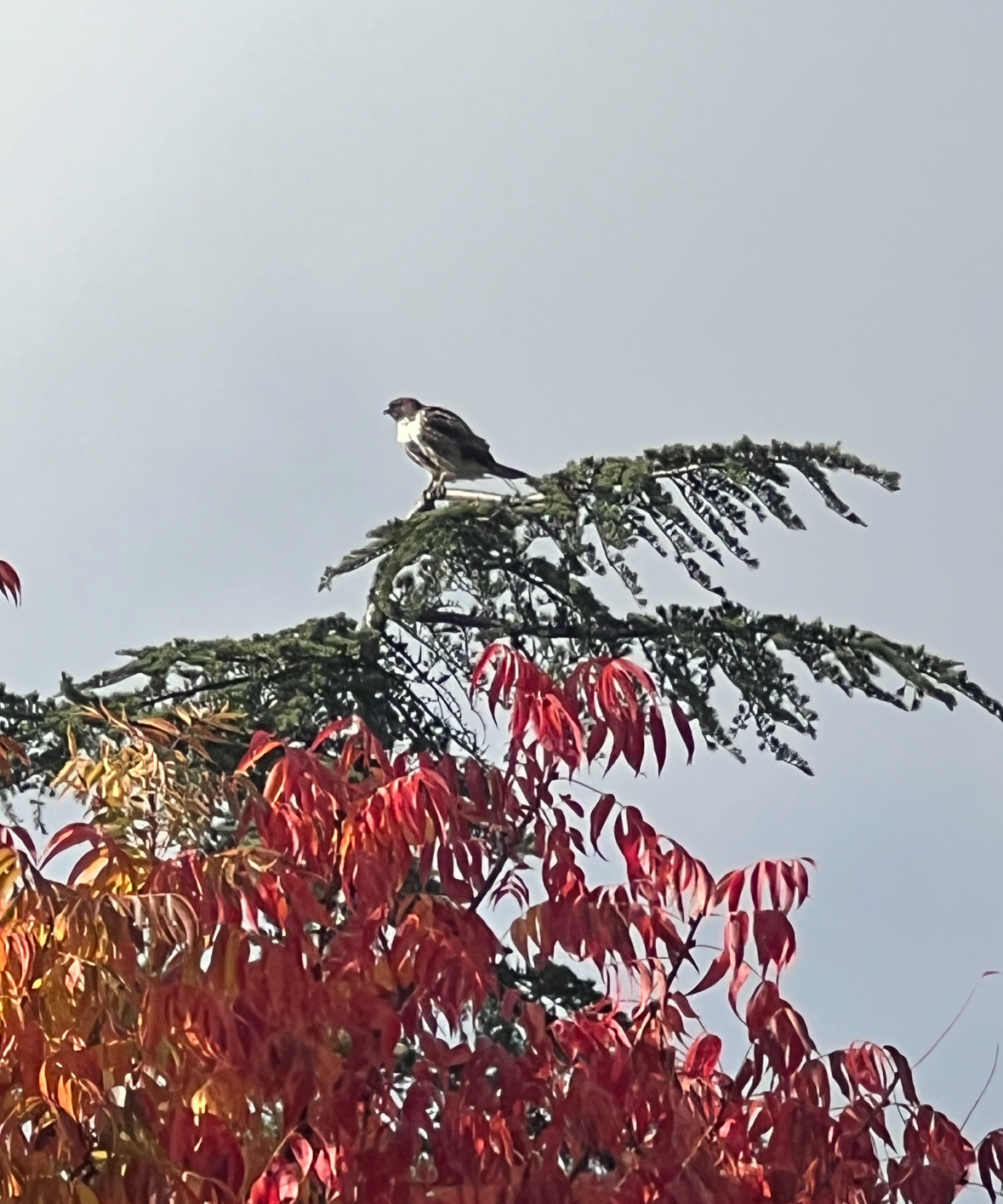
I decided to keep the red-tailed hawk train going with a couple pictures of a red-tailed hawk I spotted outside my apartment in San Francisco.
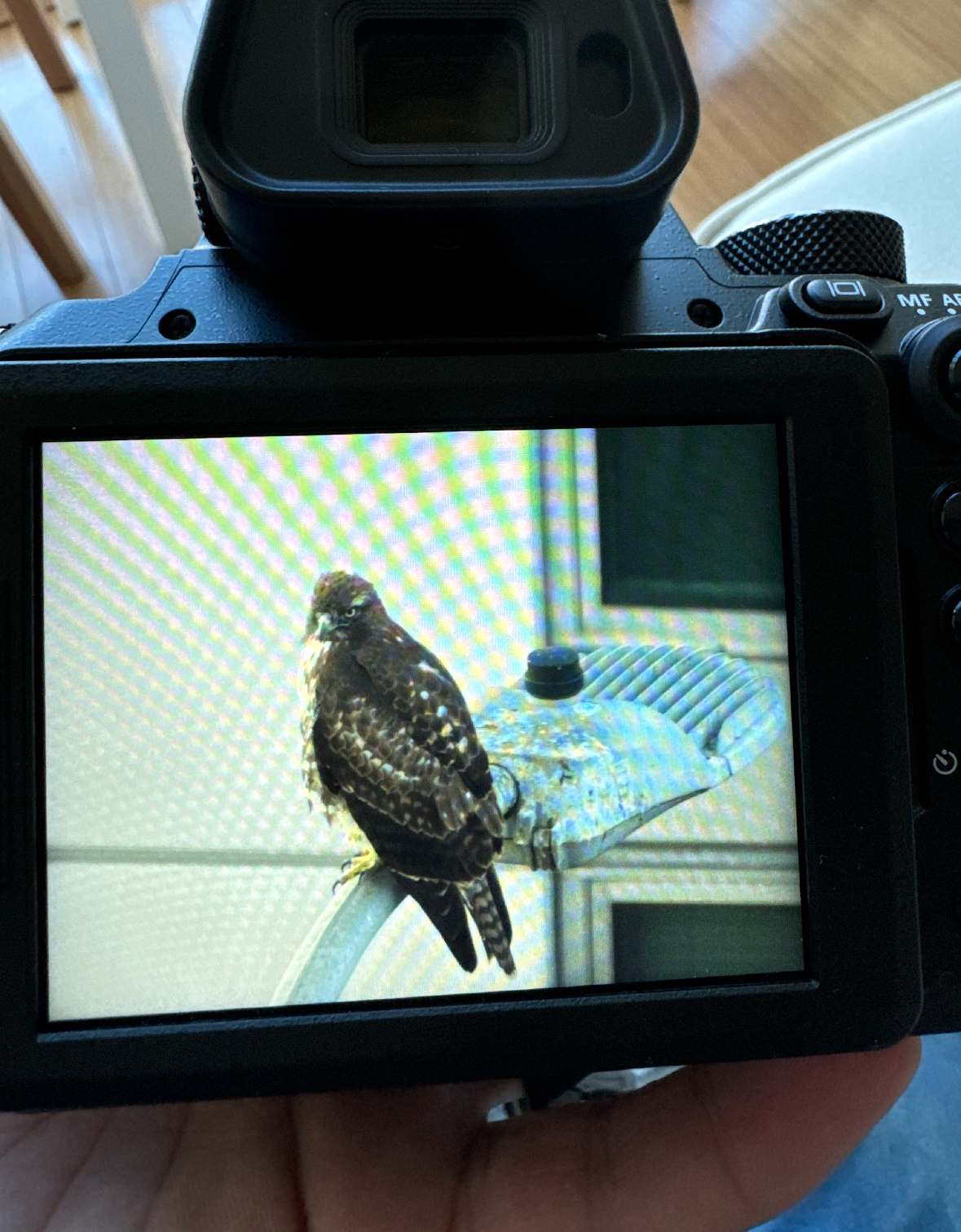
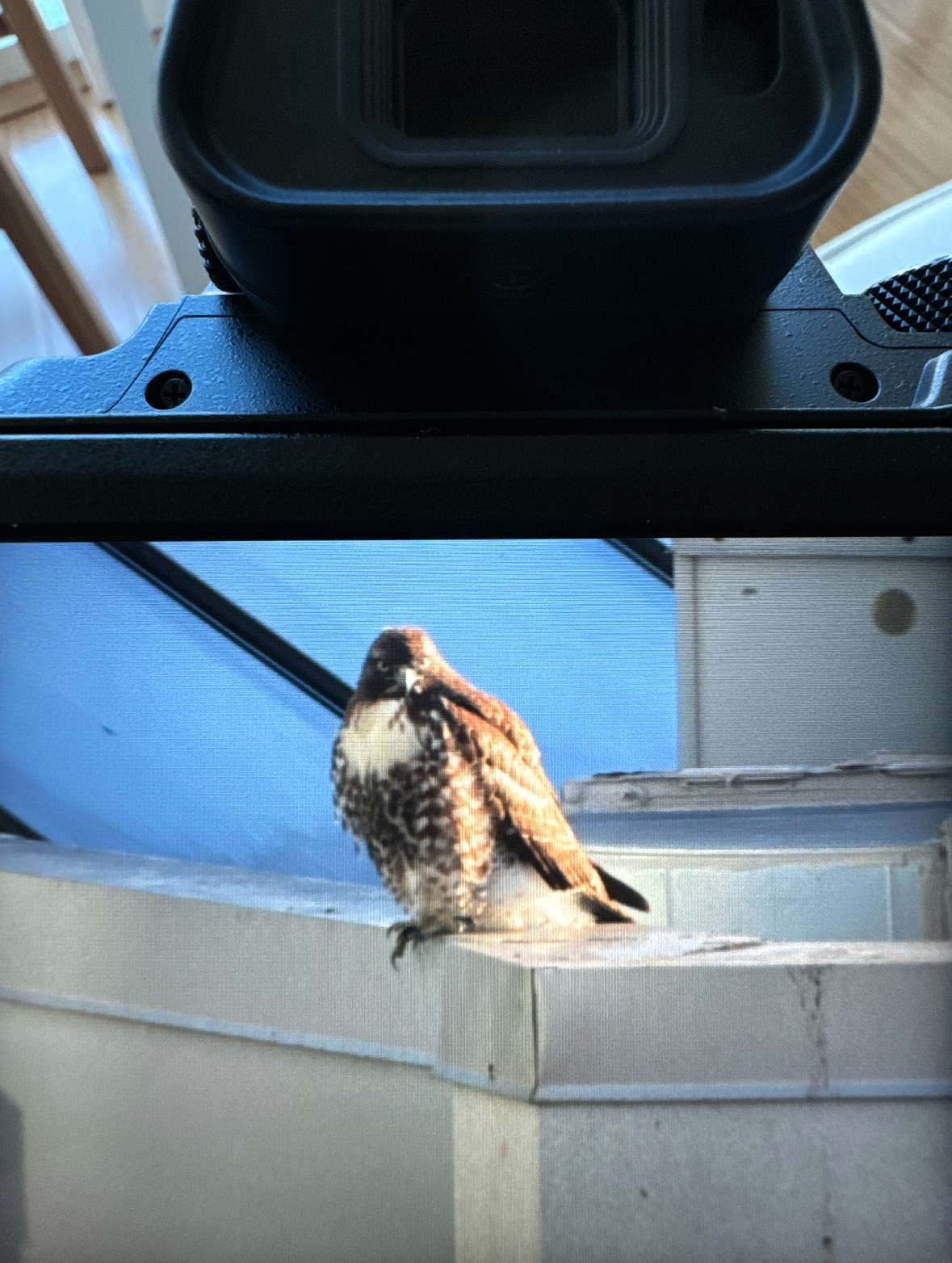
Ani sent in a really grainy video of a water bird and also this birding infographic from his trip to South Carolina. I only included the picture of the infographic.
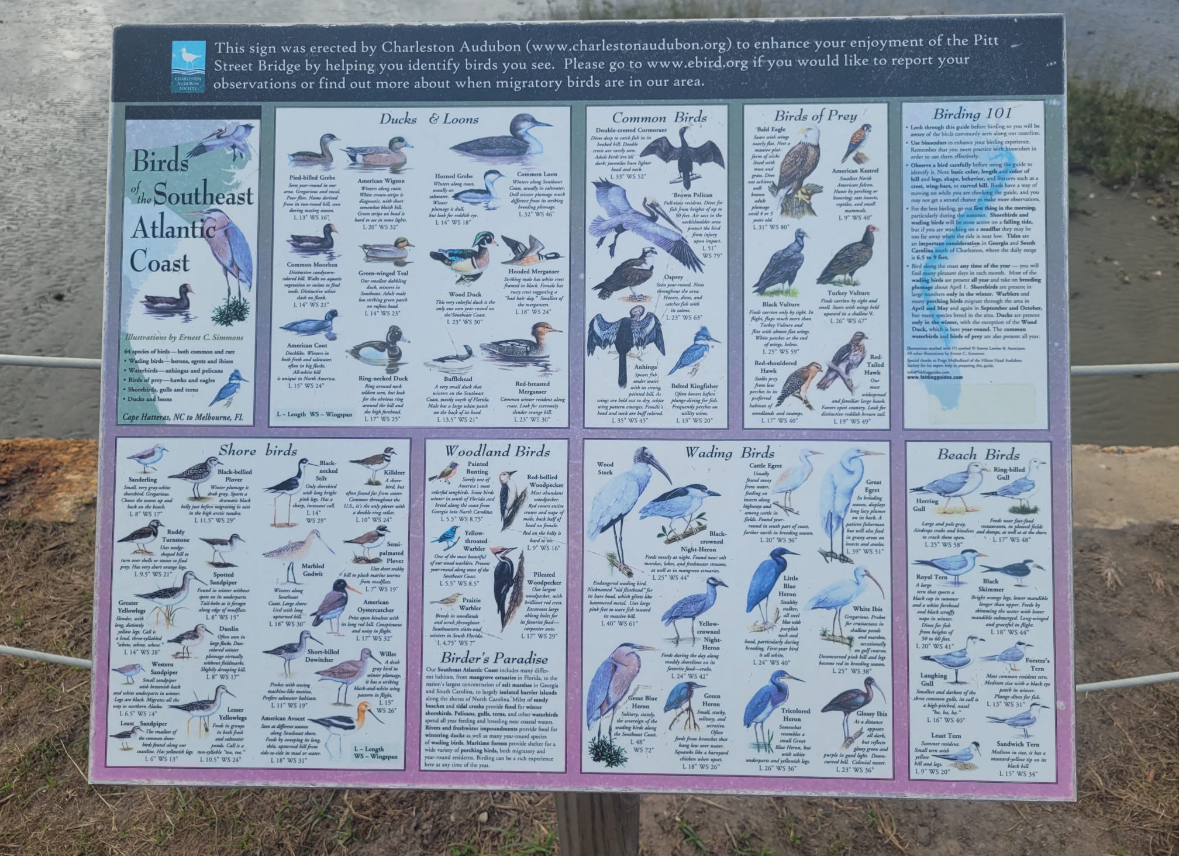
Spotlight Bird: Chestnut-backed Chickadee (Poecile rufescens)
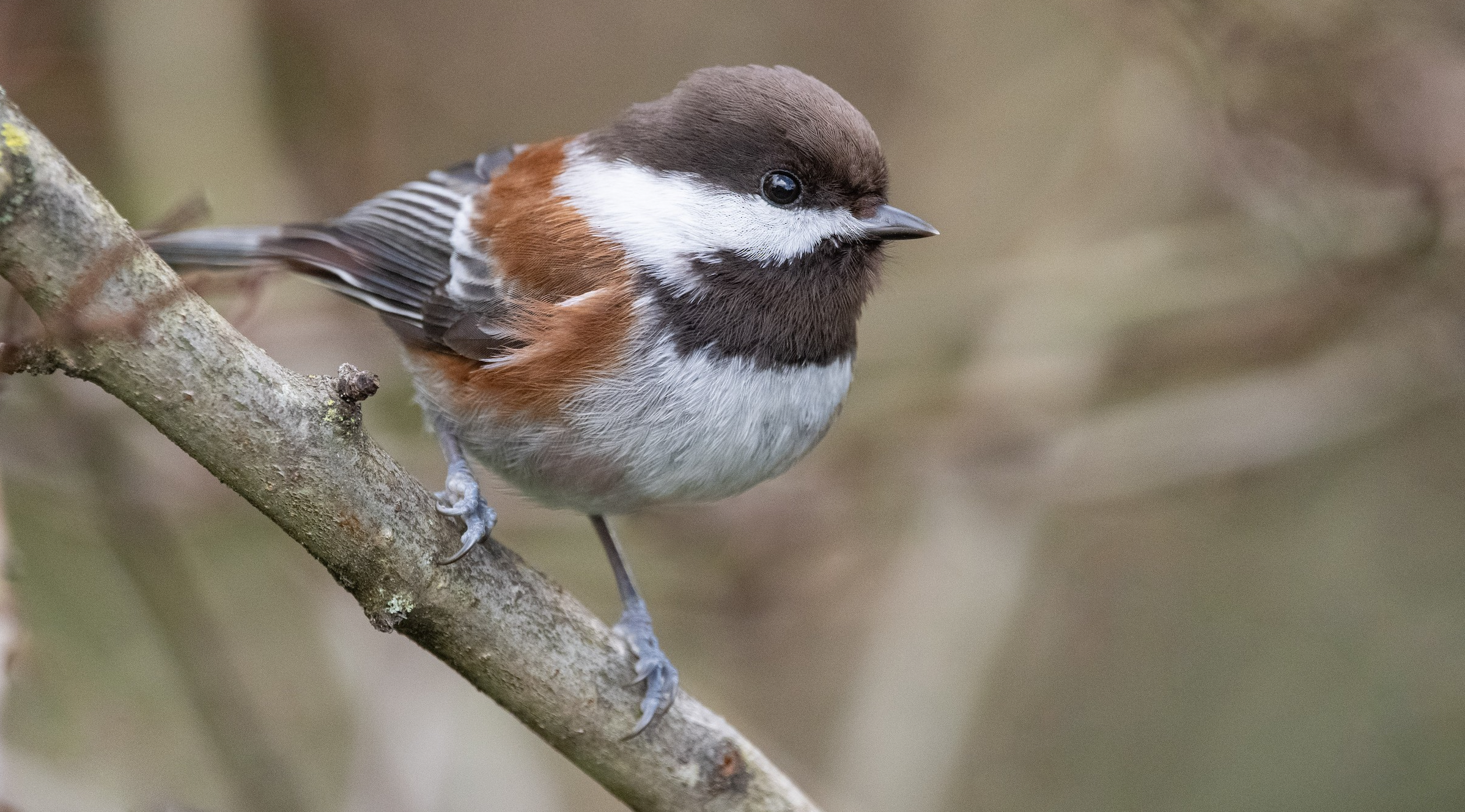
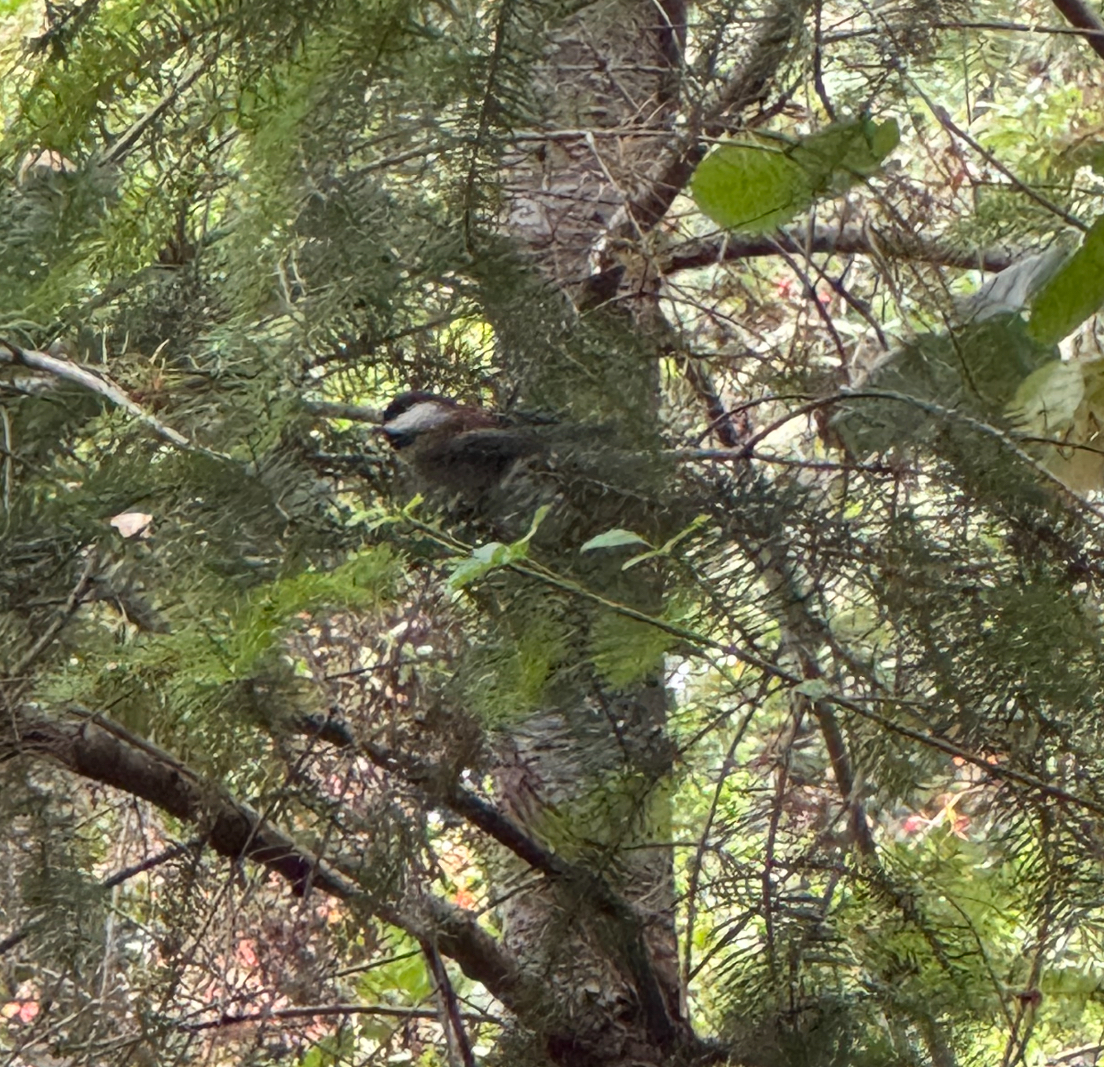

Chickadees are often thought of as winter birds. I'm particularly fond of both the Mountain Chickadee which you'll see around the Sierras and the Chestnut-backed Chickadee which you can find right here in San Francisco and in many of the Bay Area suburbs. I thought the "chestnut" variety would be particularly fitting given that nut's association with Christmas. I've seen some of these handsome little fellas in the Santa Cruz mountains as well as in San Francisco in places like Golden Gate Park, Telegraph Hill, and even in Salesforce Park in downtown.
Fun Chestnut-backed Chickadee Facts:
- The oldest chestnut-backed chickadee was recorded in California and lived to be 9.5 years old
- They primarily dwell in the firs and redwoods and also cedar and hemlock forests but they are also found among the oaks
- They are able to utilize nocturnal hypothermia which means they can lower their body temperature at night, thereby lowering their metabolic rate, in order to conserve as much as one third of their energy! The risk is that they are less responsive to threats especially when in a torpor state.
- The chickadee name comes from the sound of their alarm call which warns of predators. The number of "dee"s in the call increases based on the predator
- They live in pairs during breeding season but in winter they can be seen in flocks which include several different species including titmice, warblers, juncos and more. They are very social and like to hang out with all sorts of different birds.
- They are very cute and chatty and also very brave.
December Drawing Contest

While the written parts of The Backyard Bird Chronicles didn't really capture my interest too much as a reader,
the drawings and notations in the book caught my interest as a birder.
I'm still not finished with the book but it really has gotten me interested in the idea of doing more bird/nature journaling and taking a stab at drawing.
So with that in mind for the month of December we will be doing a bird drawing competition!
If like me you aren't much of an artist then get yourself a copy of the John Muir Laws guide to drawing birds for some helpful instructions.
Tan mentions in her book she took some John Muir Laws classes and learned from those guides.
The rules for the competition will be as follows:
Closeout
That's all; happy birding